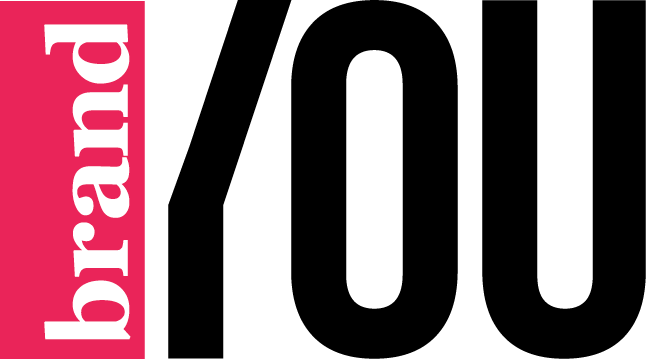In the words of Mary Anne Radmacher, “Courage doesn’t always roar. Sometimes courage is the little voice at the end of the day that says I’ll try again tomorrow”, proving that courage takes many shapes, it isn’t necessarily the knight charging into battle. Quiet resilience lives among us in the ordinary and everyday tasks that move life forward. Sometimes, a tragedy strikes and our ability to move forward requires enormous adaptation. For one such person, Lisa Cox, questions and remarks about bravery are often flung her way.
Lisa became seriously ill with the Streptococcus virus when she was in her early twenties, and it nearly cost her life because it caused her brain to haemorrhage, “I spent three weeks in a coma and two months on life support. Pneumonia, heart attacks and uncontrollable seizures took hold of my body as all of my organs shut down”.
“I spent over a year in hospital and underwent heart surgery, the amputation of one leg, all my toes and nine fingertips. I’ve since returned to the hospital for a total hip replacement and open-heart surgery.”
“The permanent damage to my brain has affected my speech and memory, left me over 25% blind, epileptic and frequently fatigued. Osteoarthritis has set up home in nearly every joint throughout my body as well.”
When Lisa is told she’s incredibly brave, she graciously states that it is really her family that is brave, they had to be part of the decision-making processes with the doctors, face the possibility of turning off her life support, and then help her on her journey to rehabilitate, “I have spoken about my personal experience of being called ‘brave’ after acquiring disabilities and how I really don’t feel brave at all.”
“Disability is not an automatic trajectory to bravery. One reason I don’t think of myself as “brave” is that I was asleep (in a coma, sedated or under aesthetics) for so many of the ‘big’ things (like amputations) that happened. MY FAMILY, however, are the brave ones. They’ve been wide awake through it all.”
When she’s asked what her definition of bravery is, she says, “some of the strongest people I know aren’t lifting the biggest weights. Similarly, some of the bravest people I know won’t be found wrestling crocodiles!”
She believes Hollywood has an awful lot to answer for when it comes to setting unrealistic expectations for people about all sorts of things from beauty standards to defining what success looks like. Bravery is no exception. The Hollywood version of bravery might involve explosions and other over-the-top special effects with a hero who has all the conventional stereotypes of a hero but Lisa says that the incredibly brave people she knows look nothing like that.
“I don’t want people to think that you have to look like or be a certain type of persian to be brave,”she said. “Introverts can be brave, you can have any job or come from any background and your act of bravery can be huge or really small.” she added.
“My ‘bravery’ is sometimes aligned with bigger, louder, more extreme or outrageous things I’ve done or been involved with. But to be honest, some of the bravest things I have ever done have been much simpler and quieter than that.”
“Getting my first script for anti-anxiety medication all those years ago. At the time I was terrified but now it’s no big deal.”
